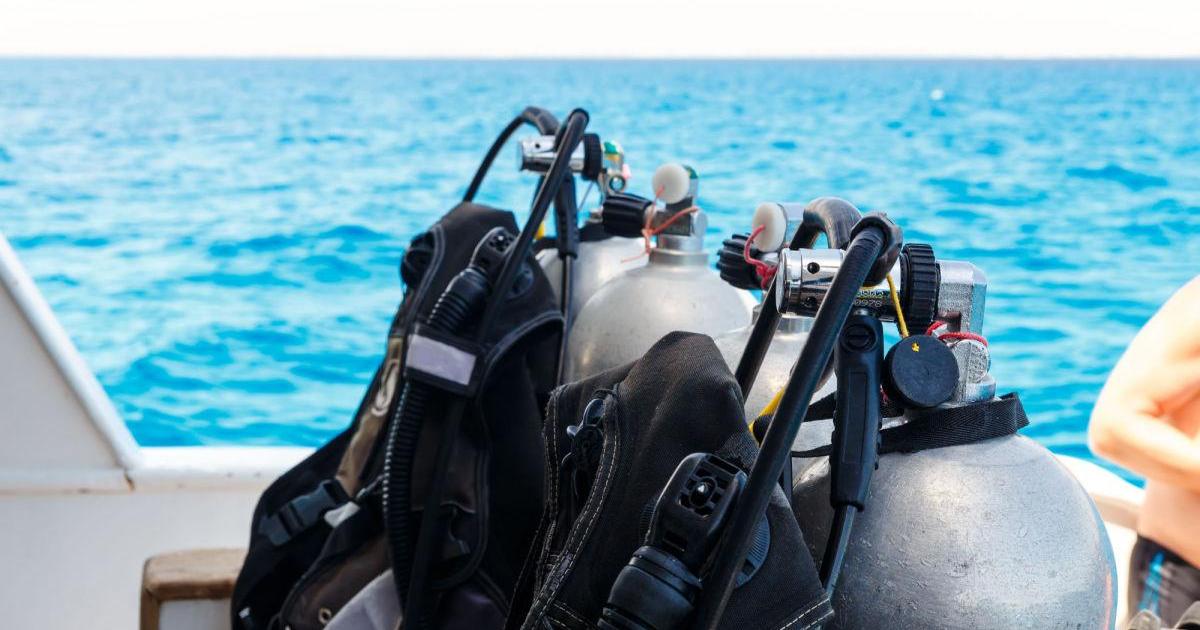#scuba A dangerous precedent for divers – Daniel Xerri – Times of Malta
[ad_1] The recent court case in which a man was found guilty of having caused the death of his diving buddy through negligence has significant implications for many scuba divers’ enjoyment of this sport. Maltese law specifies that anyone certified to dive up to at least 30 metres can do so in the company of
[ad_1]
The recent court case in which a man was found guilty of having caused the death of his diving buddy through negligence has significant implications for many scuba divers’ enjoyment of this sport.
Maltese law specifies that anyone certified to dive up to at least 30 metres can do so in the company of another diver without necessarily being guided by an instructor. This means that two independent divers meeting the minimum certification threshold specified in the law can buddy up and go for a dive together. The law does not explicitly state that they are liable to one another in case anything were to happen to one of them. No diver agreeing to buddy up with someone does so on the understanding that they are responsible for that person’s life and decisions.
The buddy system
The reasons why many divers choose to buddy up with someone are varied. One of the most important ones is that the buddy system acts as a safety mechanism for you in the eventuality that you might need another person’s assistance to deal with a problem. This could be a case of equipment malfunction, depleted air supply, a sudden health issue, entanglement, or some other unexpected situation that is best resolved by two or more divers.
However, the buddy system is not meant to act as a guaranteed risk-erasing measure. When a person decides to practise this sport, they do so on the understanding that scuba diving is an inherently risky activity. While there exist many procedures aimed at minimising risk – with the buddy system being one of them – the element of danger will always exist. Divers need to accept this reality in order to enjoy this sport.
Even though many diving agencies around the world recommend using the buddy system as a way of enhancing safety, this system is not fail-safe. Besides the possibility of getting separated from one’s buddy during a dive, there are situations in which your buddy might not be able to adequately help you, especially if the problem is caused by serious medical emergencies or your own negligence and risk-taking. Hence, while buddying up with someone is an additional safety check, you are still chiefly responsible for your own safety in the water.
Self-reliance
Given the lack of a redundant air supply, the buddy system makes a lot of sense within the context of recreational diving. However, in technical diving – which was the case with the diving incident that the court passed judgement on – self-reliance while diving within a team is by far more significant.
The increased risks of technical diving are created primarily by extended depth limits, decompression obligations, the use of nitrox and trimix as breathing gases, and the physical exertion of carrying a substantial amount of heavy equipment. Technical divers need to be able to autonomously manage the risks involved without relying on their buddy as a means of staying safe. If someone lacks the capacity to be self-reliant, they are not only putting themselves in danger but they might also put their buddy’s life on the line. This is one of the reasons why technical diving training underscores the idea that a responsible diver can plan and execute a dive as though they will need to do the dive and deal with any problems on their own.
Being self-reliant means you can take personal responsibility for the safety of a dive without expecting your buddy to do it for you. This implies that you have the right kind of equipment and are trained to use it, you have planned the dive well and are able to follow the plan, you can conduct a self-rescue if required, and you have the ability to determine whether you are fit to dive and can abort a dive if necessary. If you compromise safety by means of your actions prior to or during the dive, it is unacceptable to expect your buddy to put themselves at risk for you.
Court verdict
By putting more stock in the buddy system than in self-reliance, the court has not only declared a man guilty of involuntarily causing his friend’s death. It has also created a dangerous precedent whereby any diver can be found liable for the death or injury of their buddy if they fail to act in such a manner that to the court’s satisfaction is in line with the duties of a buddy.
In instances where a diver buddies up with someone who is uncertified, refuses to share air in a no-gas emergency without proper justification, or other glaring examples of breach of duty, it would be reasonable to use the concept of negligence to find a diver liable for harming a buddy. However, it would not make sense to do so in cases when a diver has provided ample assistance and there is clear evidence of negligence on the part of a supposedly self-reliant buddy.
In the context of technical diving, the court verdict is particularly problematic not only because of the added risks and hence the bigger potential for liability but also due to how it erodes the value of the idea that self-reliance is a safer way of diving within a team.
Dr Daniel Xerri is a Senior Lecturer at the University of Malta and a technical diver.
Independent journalism costs money. Support Times of Malta for the price of a coffee.
Support Us
Adblock test (Why?)
[ad_2]
Source link








Comments